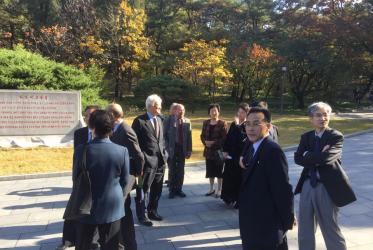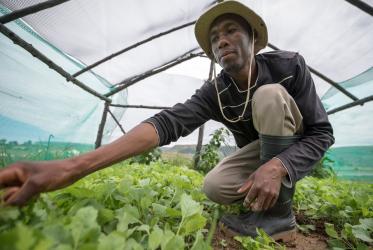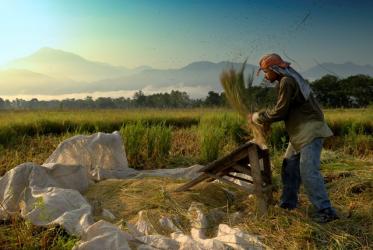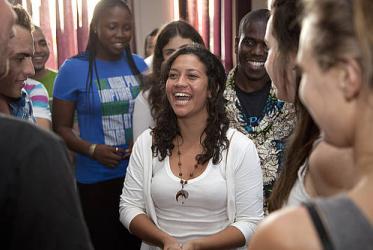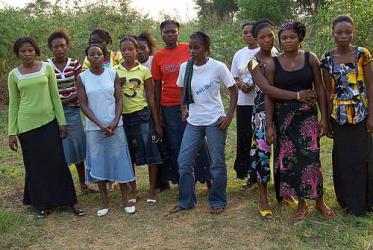Displaying 81 - 100 of 134
30 November 2015
Everyone urged to join Zero Hunger Challenge
29 June 2015
Youth promise active involvement for environmental justice
14 December 2011
IEPC plans practical approach to peace
28 August 2009
